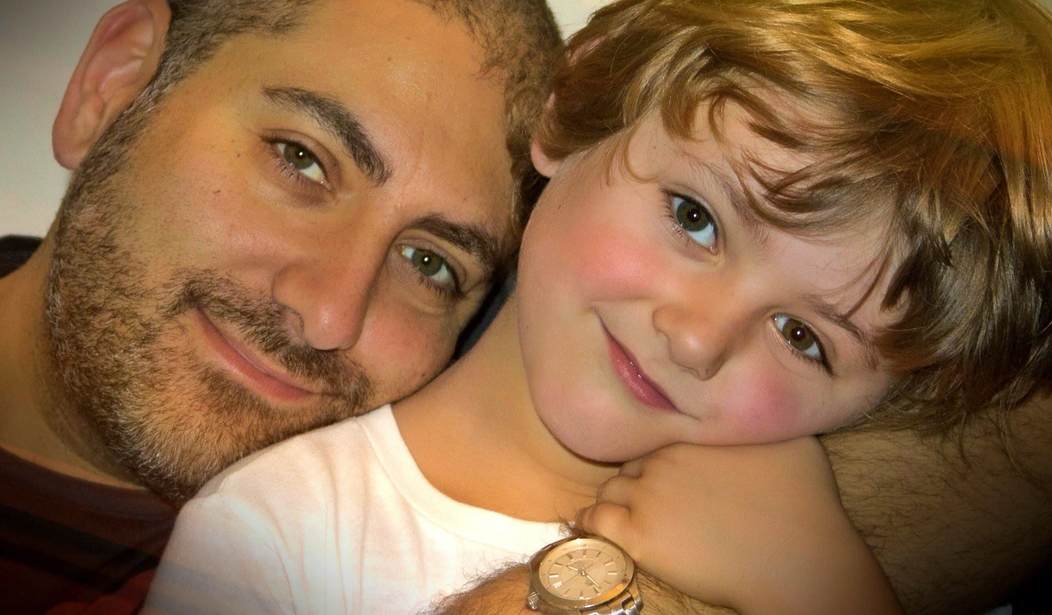Two human rights groups launched a coordinated strike on the Obama administration over its drone program, issuing reports detailing civilian casualties from the targeted strikes and finding that they didn’t meet the guidelines President Obama promised in May.
Amnesty International prepared a report on Pakistan while Human Rights Watch assessed six strikes in Yemen. The two groups jointly presented their findings at a press conference.
Amnesty said it got “rare access” to North Waziristan to conduct “detailed field research” into nine drone strikes that occurred between January 2012 and August 2013.
Deaths included the October 2012 killing of 68-year old grandmother Mamana Bibi, killed by a Hellfire missile as she picked vegetables in the family’s fields and while surrounded by a handful of her grandchildren.
“Instead of hiding the truth, the U.S. must take responsibility,” said Steven Hawkins, executive director of Amnesty International USA. “It should be investigating unlawful killings, coming clean about who’s being killed, and holding those responsible to account.”
Many of the cases Amnesty found were civilian casualties from follow-up strikes when they rush to help the first victim. Al-Qaida has also killed at least several dozen villagers, according to the report, on the accusation that they work as U.S. spies to assist the drone strikes.
Amnesty called on Obama to lay out the facts and legal basis for the killings documented in the report and asked for congressional hearings in the Intelligence and Armed Services committees.
“The U.S. government should ensure that victims of unlawful drone strikes, including family members of victims of unlawful killings, have effective access to remedies, including reparation for harm suffered. Where there is sufficient admissible evidence, the U.S. should bring those responsible to justice in public and fair trials without recourse to the death penalty,” Amnesty said in its recommendations. “The U.S. government should end its practice of secrecy and disclose key factual and legal information about the drone program, including all available information on the number and identity of people killed or injured from drone strikes in Pakistan.”
Human Rights Watch’s report covered one drone strike from 2009 and the rest from 2012-2013. They found that two of the six strikes “killed civilians indiscriminately in clear violation of the laws of war” and the rest “may have targeted people who were not legitimate military objectives or caused disproportionate civilian deaths.”
“The US says it is taking all possible precautions during targeted killings, but it has unlawfully killed civilians and struck questionable military targets in Yemen,” said Letta Tayler, senior terrorism and counterterrorism researcher at Human Rights Watch and the author of the report. “Yemenis told us that these strikes make them fear the US as much as they fear Al-Qaeda in the Arabian Peninsula.”
The group said the use of cluster bombs increased civilian casualties, such as the December 2009 strike on a Bedouin camp in the southern village of al-Majalah that killed 14 al-Qaida in the Arabian Peninsula fighters and 41 civilians, two-thirds of them women and children.
Another strike killed a cleric who preached against AQAP and his cousin after three AQAP members sought out the cleric to confront him about his anti-AQAP stance.
“Human Rights Watch assessed the six strikes’ compliance with international humanitarian law, or the laws of war, but the applicability of this body of law was not always clear. The Yemeni government is engaged in an armed conflict with AQAP. The US denies being a party to this fighting, claiming instead that it is in a global armed conflict with Al-Qaeda and ‘associated forces’ such as AQAP. However, the hostilities between the US and these groups do not appear to meet the intensity required under the laws of war to amount to an armed conflict,” the group’s statement accompanying the report said.
“If the war model does not apply, the US should adopt a law-enforcement approach under international human rights law in addressing armed militant groups such as Al-Qaeda and AQAP, Human Rights Watch said. Human rights law only permits the use of lethal force when strictly and directly necessary to save human life.”









Join the conversation as a VIP Member